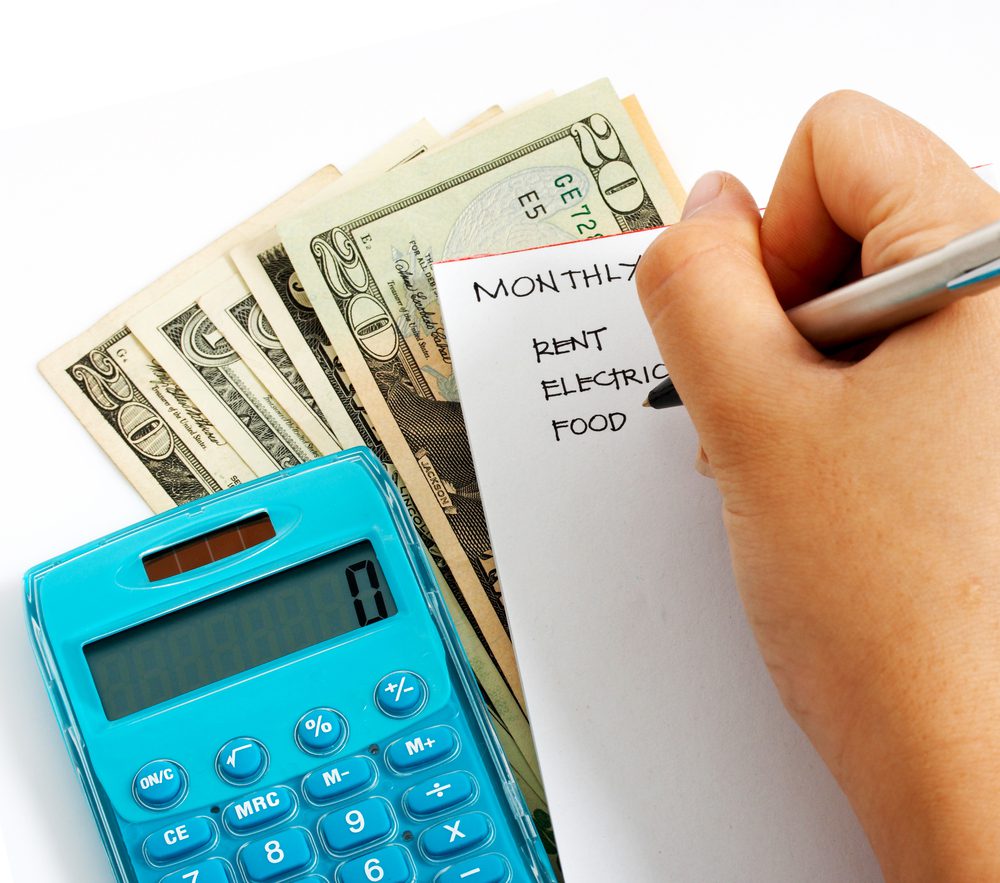Emergency costs always appear at the worst moment. But we can’t wait if we have to pay medical bills or repair a car. We need money immediately. For such situations, we should prepare some savings. Even if we save a small amount, covering unexpected costs will be much easier. Keep reading to learn how to plan for budgeting emergency expenses.
Assessing Your Current Financial Situation
Many Americans can’t say precisely how much they spend monthly. It may be challenging to say their typical store expenses, how much entertainment or clothes cost, etc. We often need to find out which payments are more critical and which we don’t need. In the case of urgency, we need to think about all our costs and decide what is essential for us.
People feel more uncomfortable facing unexpected costs when they do not evaluate their expenses. In such situations, individuals often apply for installment loans for bad credit in 2023. So, periodic finance access may teach you how to budget for unexpected expenses.
Creating a Monthly Budget

To understand your expenses, you should create your monthly budget. Its creation consists of some steps:
- Write your monthly income. To create a budget, you must know how much you earn monthly. Consider your net salary, pension, interest, and spouse’s income if you have one.
- Analyze your expenses. Take into account how much you spend regularly. To make it easier, use special tools. For example, you can download your debt or credit card statements. Note which expenses are stable (insurance, rent) and unstable (entertainment, food).
- Calculate the difference. Determining how much you earn and spend is an excellent way to check your financial habits. Subtract your expenses from your income, and you will see the result. You should not worry about your financial habits if you earn more than you spend. Otherwise, we recommend paying more attention to your financing management.
Setting Up an Emergency Fund
After creating your budget, you need to think about saving the money. An excellent option is creating an emergency fund. In the case of unexpected costs, you will have money to cover them. If you do not have a cash reserve, paying for an emergency will be much more expensive. You will probably take a short-term loan or use a credit card with high-interest rates.
Unfortunately, short-term loans and credit cards often make your debt bigger. As a result, you will need to take one more loan to pay for a previous debt. So, save a certain percentage from your salary every month to protect yourself from unexpected expenses in the future.
The necessary money amount in a savings fund is individual. It depends on your income and expenses. Someone can set aside more from their salary, someone less. Usually, people consider an emergency fund enough to live for three to six months.
Where Can I Keep an Emergency Fund?
Emergency funds should be highly protected both from other people and from you. You should refrain from taking money from there to pay for your daily needs. An emergency fund is a financial support in case of an emergency. So, you can save your funds on the following:
- In cash. This option is the most dangerous in many aspects. First, your money can be stolen. You should keep cash at home only if you live with your friends or family. Second, you may spend this money.
- On a prepaid card. A prepaid card is a safer option to keep emergency funds. You need to deposit cash on a card. But you may also spend these funds on daily needs.
- In a bank or credit union account. It is the most secure option to keep your emergency fund. Nobody steals money from your bank or credit union account. And it is also more difficult for you to spend this money.
Sticking to Your Budget and Emergency Fund
After you create a monthly budget and an emergency fund, you need to track them. You should remember that the goal of an emergency fund is unexpected costs. So, don’t spend this money buying an expensive bag, etc.
You must monitor your income and costs to ensure you are within the budget. Checking the savings will also show your progress. And when we see our successes, we have more motivation to keep saving.
Sticking to the budget and an emergency fund plan can teach you to save. Nowadays, this skill is incredibly essential, primarily because of the unpredictability of the world.
Handling Unexpected Expenses
If you have faced an emergency, some options exist to get money urgently.
- Personal loan. You can apply for personal loans to cover your emergency. These loan types allow borrowers to get fast cash with no credit check. Bad credit personal loans with guaranteed approval of $5,000 are an excellent option if you do not have enough money in your emergency fund. Furthermore, personal loan lenders do not need collateral such as, for example, a car or house.
- Credit card. Many Americans use credit cards. It may be a suitable solution for unexpected costs, but it can also have a high-interest rate. Often, people need to take a loan to pay their credit card debts.
- Paycheck advance. Some companies allow their workers to get a salary advance. You should try to explain your emergency to the manager. It will be cheaper than taking a loan or using a credit card.
- Think about your expenses. We often spend money on unnecessary things. It can be entertainment, unhealthy food, and others. We can’t avoid paying for basic needs like rent, utilities, and insurance, but we can cut our expenses for less important things.
- Save now. Unexpected costs show us that we should be prepared for the next time. Start saving now to be able to cover all emergencies in the future!
Conclusion
Unexpected costs may hit at any moment. We can save money and nerves if we are prepared for an emergency. We should stick to our monthly budget and monitor our income and expenses. Setting up an emergency fund is essential to preparing for unexpected costs. Start saving from small sums, and you will see progress in some months!



































